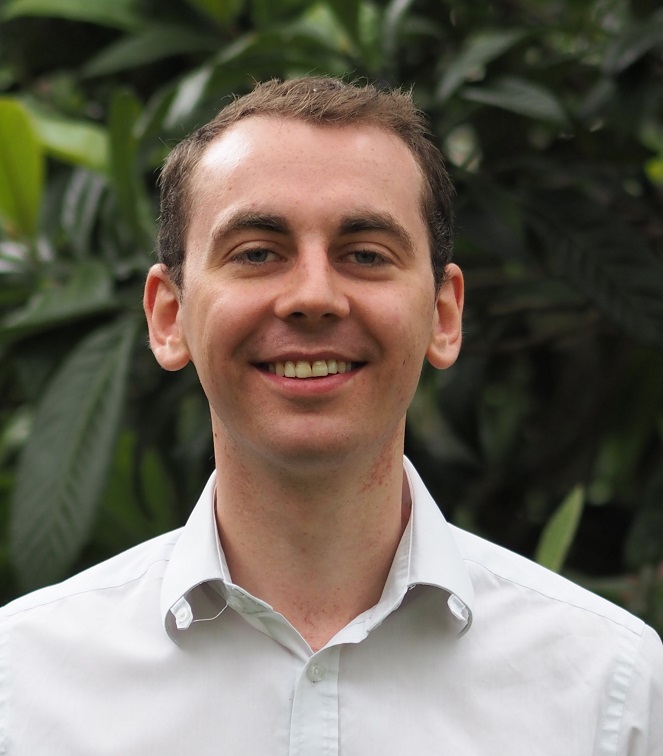
Graduate case studies
Even though many of our graduates will have progressed in their careers since completing a case study, they are still of interest to students who wish to gain an understanding of the world of work.
At the moment, I work as a Data Scientist within the Department for Business, Energy and Industrial Strategy (BEIS), where I work as an internal consultant on different data science projects from across the department. This means I work for a couple of months at a time on one specific area.
Before that, I worked in the Department for Work and Pensions, on labour market policy - this was very different, and a lot more politically focused. I was responsible for providing all analysis for a particular policy, which meant I was doing things like answering questions from MPs or the press, modelling how changes to the policy might affect people, and briefing ministers.
This depends on the type of role you're in, but in general it's roughly split 50:50 between working independently on analysis, usually with programming or spreadsheet analysis, and working on policy, either writing up your results and producing visualisations, or meeting with policy colleagues or project to discuss the work.
As above, I really like working on issues that have a real impact on people's lives. The kind of problems you get to solve are very varied and (I think) more interesting than most of the work you might do in the private sector. The culture in the civil service is also great, very relaxed in terms of hours and work-life balance, and the people tend to be really engaged and committed.
As a civil servant, you're expected to be impartial and objective at all times, which can be difficult if you're working on a policy you disagree with. It can also be a bit bureaucratic at times, due to the nature of the public sector, and the size - some bigger departments have around 80,000 staff.
I'd never heard of Operational Research before I applied, but I had two main priorities for looking for jobs. The first was that I wanted to work in an area where I could have a meaningful impact - the traditional routes for maths graduates (finance and the big four) never appealed to me at all, and it was important to me to have a career where you can 'make a difference' (as cheesy as it sounds!). The second was that I wanted to use my mathematical background and skills.
The Civil Service seemed a perfect fit for the first part, and through applying to the Fast Stream I came across the Operational Research scheme, which was a really good fit, as it's open to most people with a STEM degree - I didn't do much stats during my degree, but most people in GORS have a background in pure maths, physics or engineering, and your general numeracy and problem solving skills are highly valued.
The specific technical skills I use most often are programming, mainly in R and Excel (but Python is also quite common). However, the 'soft' skills are equally important, as you need to be able to communicate your analysis to non-technical specialists, and work with a range of other professions at different times.
Immediately after graduation, I stayed in Sheffield and worked as a Graduate Intern at the university's Faculty of Science. I then moved to London and worked for New York University's campus there, managing their events and volunteering programmes.
Some people do join straight from university, but it's not unusual for people to have some other experience, or even have done PhDs, before joining GORS.
I'm planning to stay in the Civil Service for a while - the Fast Stream ends after three years and I'll probably apply for a promotion after that.
I don't plan on doing any more qualifications, but some departments do offer funded Masters courses, and you can also become accredited as a Chartered Scientist through the the Operational Research Society.
Working in the Civil Service is also a good option if you want to be able to work anywhere - although the majority are based in London, there are large communities of Operational Researchers working in Sheffield and Leeds, and smaller hubs in most cities in the UK.
Last updated: 03 Apr 2019
